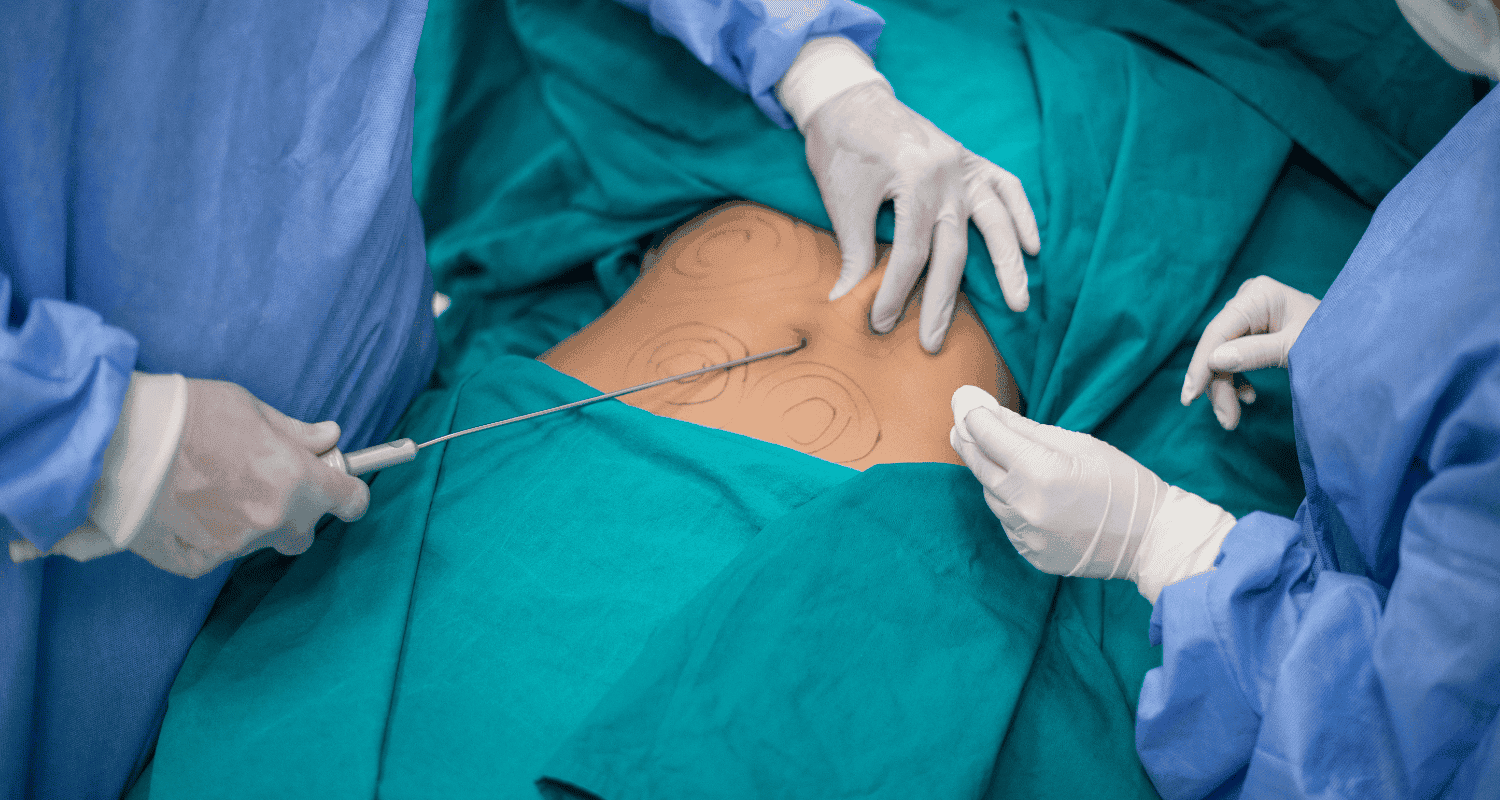
The risks of liposuction
Liposuction, a widely sought-after cosmetic procedure, stands as an effective method for eliminating unwanted fat deposits and sculpting the body into desired contours. Despite its popularity, it is imperative to recognize that, akin to any medical intervention, liposuction is not without its inherent risks. Therefore, individuals contemplating this procedure must possess a comprehensive awareness of these potential risks and be well-informed about the associated safety measures.
The success and safety of a liposuction procedure hinge on various factors, including the expertise of the surgeon, the patient's overall health, and adherence to post-operative care instructions. Potential risks associated with liposuction encompass but are not limited to infection, excessive bleeding, contour irregularities, and adverse reactions to anesthesia.
Potential risks of liposuction
Complications during surgery: Although rare, complications can occur during the procedure, such as bleeding, infections, or reactions to anesthesia.
Irregular body shapes: If liposuction is not performed evenly, there's a risk of uneven fat removal, resulting in irregular body shapes.
Skin imperfections: After liposuction, the skin might not always contract well, leading to loose or wrinkled skin, dimples, or bumps.
Bleeding and swelling: Postoperative bleeding and prolonged swelling can occur days to weeks after the procedure, causing discomfort and potential complications.
Psychological impact: Do not underestimate the potential psychological impact of cosmetic procedures. Unrealistic expectations and emotional stress before and after the operation can affect the patient's well-being.
Safety measures for liposuction
Choose an experienced and qualified surgeon: An experienced surgeon with a good track record in liposuction can minimize risks and ensure a better outcome.
Preparation and aftercare: Following the surgeon's instructions before and after the procedure is vital. This includes medication, healthy nutrition, and adequate rest.
Realistic expectations: Having realistic expectations about the results of liposuction is important. Communication with the surgeon about what is achievable is essential.
Aftercare and follow-up: Following the surgeon's aftercare instructions, including regular check-ups and any wound care, is crucial for successful recovery.
Liposuction is generally considered a safe cosmetic procedure, but it's essential to be fully informed about potential risks and take necessary precautions. Selecting a qualified and experienced surgeon is a critical step in minimizing these risks. Ensure that the surgeon is board-certified and has a proven track record in performing liposuction procedures.
Diligently following pre-operative and post-operative instructions is equally important for a safe liposuction experience. Precautions may include abstaining from certain medications, disclosing any underlying health conditions, and adhering to recommended lifestyle changes before the surgery.
An open and honest conversation with your surgeon is the foundation for a successful and safe liposuction experience. Discuss your expectations, concerns, and any medical history that may impact the procedure. The surgeon can provide you with a realistic understanding of what to expect, potential risks, and how to minimize them.
Remember, every surgical procedure carries some level of risk, and individual responses to surgery can vary. By proactively engaging with your surgeon and adhering to their guidance, you contribute to a safer and more successful liposuction outcome that aligns with your aesthetic goals.
Realistic expectations
A thorough pre-operative consultation with a qualified and experienced plastic surgeon is crucial in assessing an individual's candidacy for liposuction and ensuring realistic expectations. During this consultation, the surgeon will discuss potential risks, the specific techniques to be employed, and the measures taken to mitigate complications. Moreover, the patient's medical history, current health status, and lifestyle factors will be thoroughly evaluated to minimize potential risks.
Understanding the risks involved in liposuction empowers individuals to make informed decisions about their aesthetic goals and weigh them against the potential drawbacks. It underscores the importance of choosing a board-certified plastic surgeon with expertise in liposuction procedures and a commitment to patient safety. By prioritizing comprehensive knowledge and open communication, prospective patients can approach liposuction with a balanced perspective, ensuring a safer and more satisfactory cosmetic experience.


